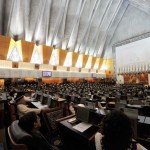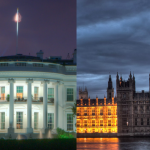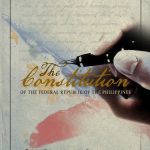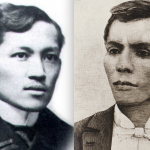Constitutional Change Now
(originally published in the Philippine Daily Inquirer, 21st November 2012)
by Peter Wallace
Let me give you a few points to ponder when considering whether or not we need to open up the economy by amending the Constitution. Because now is the time to discuss it. If we do, we can vote upon it in 2013.
In 1935, there was rudimentary AM radio, negligible commercial air travel, cars that could reach 100 kph if they struggled hard enough. TV was unheard of. The only household appliances were a simple refrigerator and toaster.
Fifteen years ago, we didn’t have cell phones; today, we can’t leave the house without them. Imagine if the Constitution had banned mobile communications in the name of protecting national security. Today, I can turn on the TV and CNN is right there in my living room. It doesn’t need a transmitter here, or even an office, so why not let it have one if it wants?
Technology has removed borders. Satellite communications, fiber optic cables, digital technology were all unheard of in 1935 and perhaps a rarity in 1987. They are a part of our lives today, so we may as well let the foreigners in as they’re already in.
The dream of many Filipinos is to gain a foreign education to add to what they’ve learnt here. They dream of going to Harvard, but the cost is prohibitive. Why not bring Harvard here? What it will have to charge will, alone, be enough to make it no threat to local colleges. Anyway, do we want to protect colleges or open up opportunities for students? Foreign colleges can bring research and new technologies to the Philippines, too, an area where we have been weak. Indonesia recently passed a law (it does not need constitutional change) to allow foreign ownership of educational establishments.
Maybe a 75-year lease on land seems enough, but would you want to be able to only lease the land for your house? No, you’d want to own it, passionately so. Well, foreigners don’t think in some strange foreign way; they want to own, too. Filipinos can, and do, own land in America and almost everywhere else, so why not here, at the very least on a reciprocal basis? For “own use” would be fair enough. The agrarian reform law has destroyed the ability to own agricultural land, so farmers are under no “threat.” And if limited to own use for house or factory, the amount of land taken would be infinitesimal.
I’m willing to bet many of those who are against foreign ownership of land have relatives who own land in other countries. So, apart from anything else, it would be only fair to have reciprocity. But that’s not so much the point. What is the point is that if we want to achieve more rapid growth, allowing foreigners to own land at least for their own house or factory will help achieve that. As it is now, that inability to own land is seen as a major deterrent to attracting investment.
The ideal way to review the Constitution is through a constitutional convention. The argument that it costs more and takes more time is true, but we are talking about the Constitution, the fundamental document of the nation. You don’t consider the cost, which is small on the national scale of things, anyway.
But the more practical way, given political realities, is for Congress as a constituent assembly to do the review, with both chambers voting separately before it goes to a plebiscite of the people. There’s also concern that the review would not be restricted to the economic provisions but would shift to the political arena as well, and end up extending the terms of politicians. Maybe, but it may also lead to a serious re-think of the whole system—something that I think is needed. For instance, a parliamentary system would better suit Philippine culture. Having come from one, I think it’s a better system, anyway. I don’t like the dictatorial power a president holds even in a democratic system, particularly in a country where hierarchy is a given. You don’t question, or disagree with, the boss, just because he’s the boss. Well, I disagree with that. Rising to the top through a political process does not make you a greater expert than everyone else. The fact that you need the president’s support if constitutional change is to be effected is a perfect example of this fundamental weakness in a presidential system, Philippine-style. Think about it: Why should you need (as in this system you do) the President’s—one man’s—support for something to succeed?
The problem with the presidential system is that it panders to the hierarchical nature of the Philippines. There’s a reverence for the boss (I like that) at a level not common elsewhere. A Philippine president is almost royalty. A parliamentary system somewhat levels the field. A prime minister is a first amongst equals, and may be taken out by a simple vote of confidence if he doesn’t perform.
In a parliamentary system, the majority decides, the prime minister can’t override it. That’s as it should be. So I wouldn’t object if the style of government were included in the review.
Everyone says, “Not now,” it’s too open to risk of political machination (to just extend terms, for example). But if not now, when? With a President disinterested in a continuance in power—something that’s unlikely to be ever repeated—this seems an ideal time. If a full review were to be agreed to, then a constitutional convention is the only way.
Whichever is agreed to—a full review, or just the economic sections—let’s do it now.
We’ll never have a more favorable time.
* * *
 Peter Wallace has been described as the most prominent foreign businessman in the Philippines, and an important voice for business within government. Peter has been conducting political, economic and business analysis for over two decades, advising multinationals, major Filipino companies, embassies and international agencies. Having covered 4 presidencies, 2 revolutions and some 8 attempted coups d ‘etats, Peter provides a balanced assessment of conditions and forecasts of what can be expected. Peter’s links into government, senior business groups, the academe and various political factions ensure some of the best insights available.
Peter Wallace has been described as the most prominent foreign businessman in the Philippines, and an important voice for business within government. Peter has been conducting political, economic and business analysis for over two decades, advising multinationals, major Filipino companies, embassies and international agencies. Having covered 4 presidencies, 2 revolutions and some 8 attempted coups d ‘etats, Peter provides a balanced assessment of conditions and forecasts of what can be expected. Peter’s links into government, senior business groups, the academe and various political factions ensure some of the best insights available.



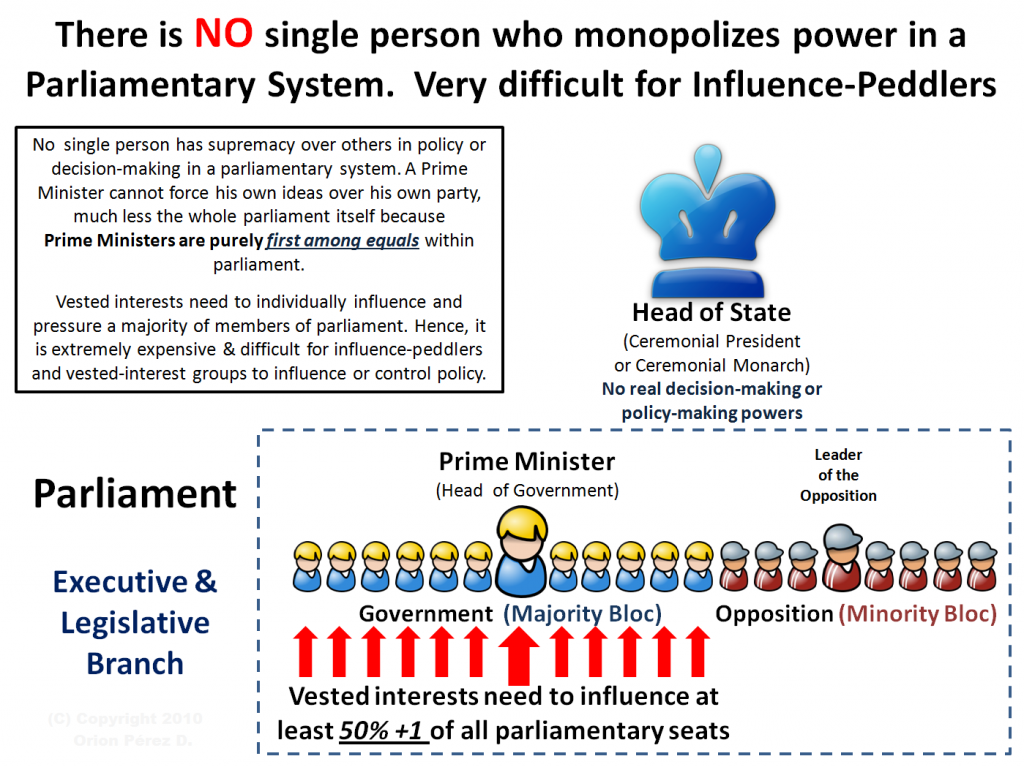


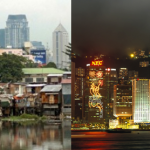






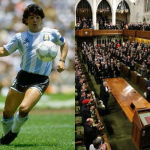


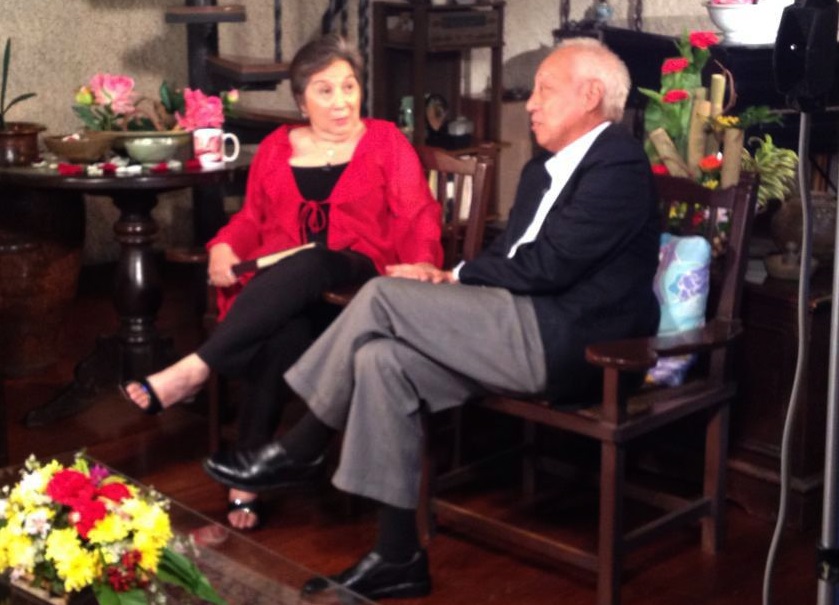


 I believe: This is a CoRRECT™ Video with a very positive message
I believe: This is a CoRRECT™ Video with a very positive message Walang Natira: Gloc-9's MTV Rap about the OFW Phenomenon
Walang Natira: Gloc-9's MTV Rap about the OFW Phenomenon







